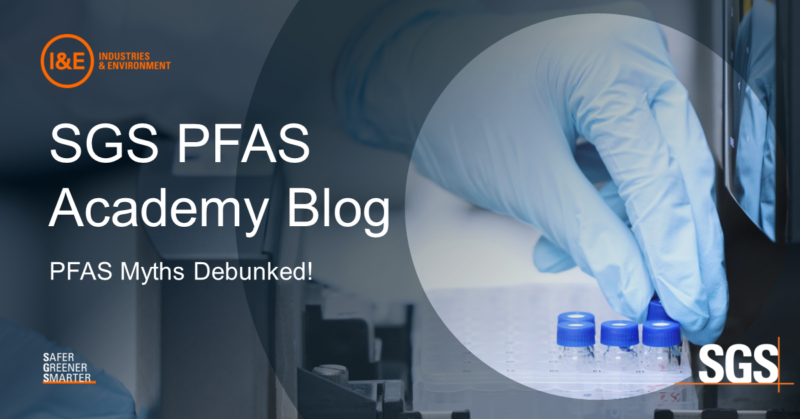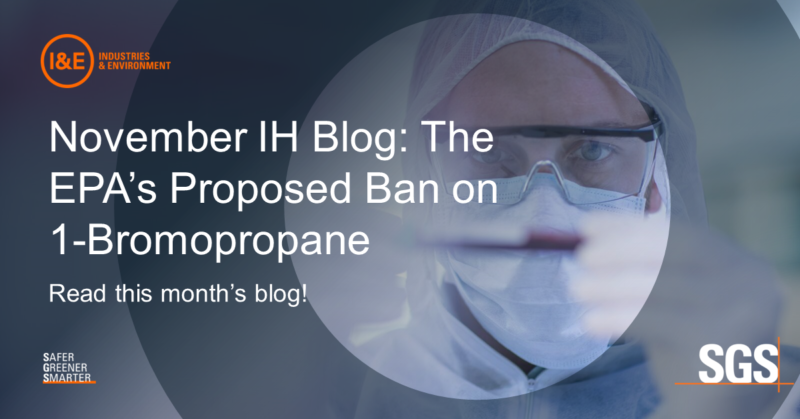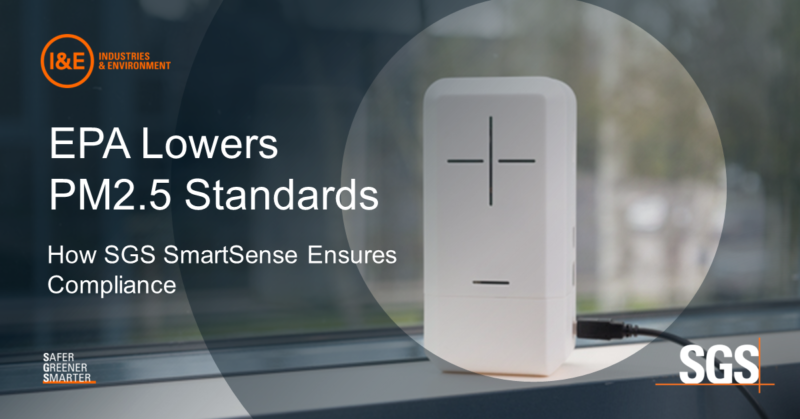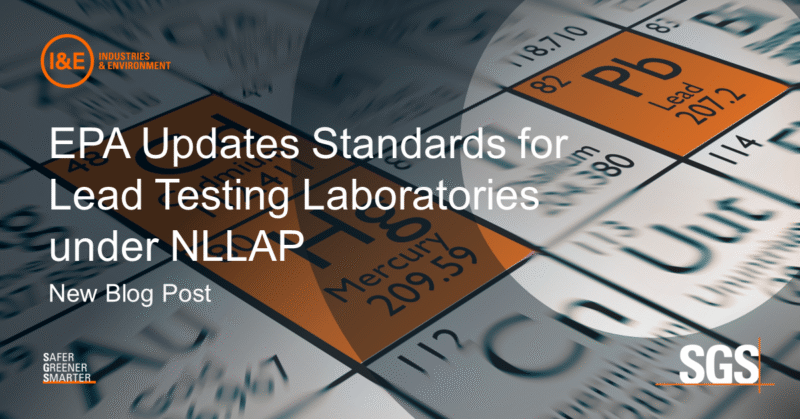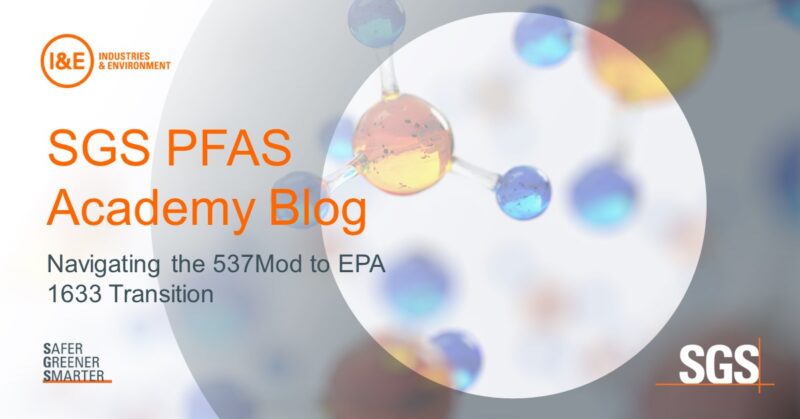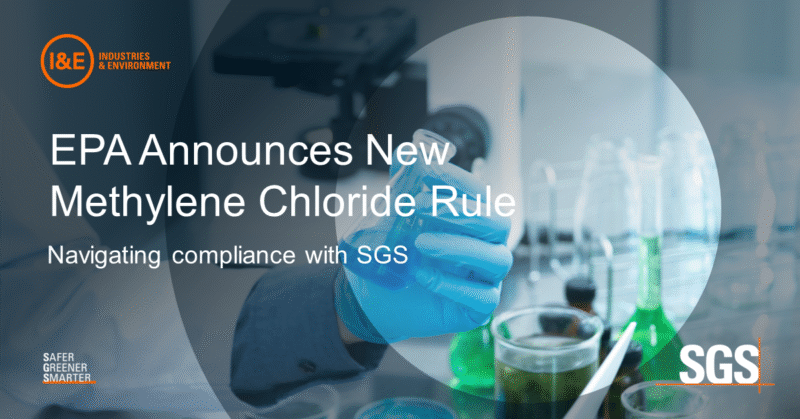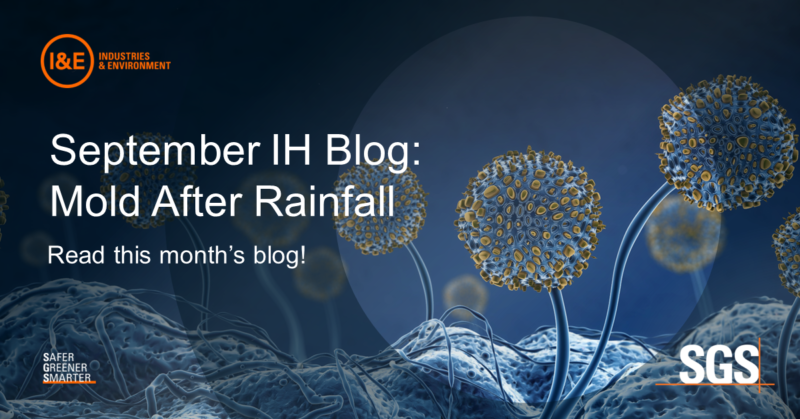PFAS in Biosolids: Data Quality is Critical
Biosolids have been in use since the 1940s for a wide variety of industrial/agricultural applications. [...]
Jan
PFAS Myth Busted: Why Labs Aren’t Driving Lower Regulatory Limits
MYTH: The laboratories are driving their PFAS detection limits lower which is driving regulatory limits[...]
Dec
Understanding the EPA’s Proposed Ban on 1-Bromopropane
The industrial hygiene landscape continues to evolve with the Environmental Protection Agency’s (EPA) proposed ban[...]
Nov
PFAS Burning Questions Webinar: Ask the Experts Anything!
Are you facing challenges or uncertainties around PFAS testing, regulations, or compliance? This is your[...]
Nov
EPA Lowers PM2.5 Standards: How SGS SmartSense Ensures Compliance in Real-Time
Last month, the Environmental Protection Agency (EPA) revised its air quality standards for fine particulate[...]
Oct
EPA Updates Standards for Lead Testing Laboratories under NLLAP
On October 23, 2024, the U.S. Environmental Protection Agency (EPA) announced finalized updates to the[...]
Oct
Navigating the 537Mod to EPA 1633 Transition
Why 1633? One of our most frequently asked questions is around why we recommend EPA[...]
Oct
Advanced PCB Testing: Enhanced Solutions for Safer, Compliant Projects
As environmental regulations and testing requirements continue to evolve, we remain committed to providing comprehensive[...]
Oct
EPA Announces New Methylene Chloride Rule: Stricter Exposure Limits and Bans on Use
The Environmental Protection Agency (EPA) has published a rule for methylene chloride (MeCl2), aiming to[...]
Sep
Mold After Rainfall – Protecting Your Built Environment with SGS
After heavy rainfall, the risk of mold growth in buildings surges, creating a health hazard[...]
Sep


